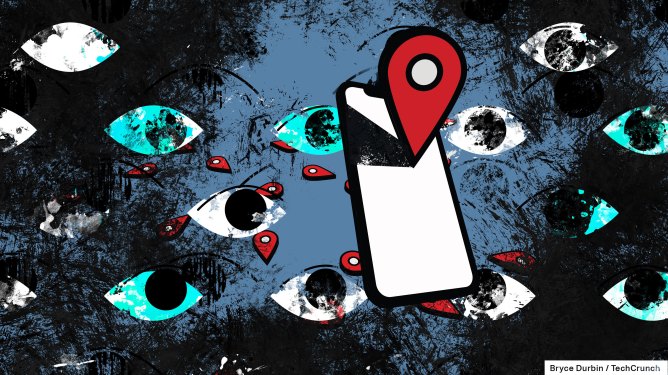Introduction
Microsoft has released updates to address zero-day vulnerabilities in two widely used open-source libraries that affect several of its products, including Skype, Teams, and its Edge browser. However, the company has not disclosed whether these vulnerabilities were exploited by its own products or if it is aware of such exploitation. The zero-day nature of these vulnerabilities means that developers had no advance notice to fix them, raising concerns about their potential impact on users.
Background on Zero-Day Vulnerabilities
Zero-day vulnerabilities are flaws in software or systems that remain undisclosed to the public at the time they are exploited. These vulnerabilities can pose significant risks to users and organizations, as attackers often target them for malicious purposes. In this case, two such vulnerabilities were discovered last month by security researchers at Google and Citizen Lab. Both have been actively exploited to plant spyware on end-user devices.
The Libraries in Question
The two vulnerabilities were found in widely used open-source libraries: webp and libvpx. These libraries are integrated into browsers, mobile apps, and other software to process images and videos. Their ubiquity has made them a target for attackers, who exploit these vulnerabilities to install malicious code on users’ devices.
The Rush to Update
The discovery of these vulnerabilities prompted a wave of updates across tech companies, device manufacturers, and app developers. Microsoft, in particular, has released patches as part of its commitment to mitigating risks associated with zero-day vulnerabilities. However, the company has not publicly confirmed whether it is aware of any exploitation attempts on its products.
Microsoft’s Response
In response to the vulnerabilities, Microsoft has released updates for its Edge browser and related tools. The patches aim to address the flaws in webp and libvpx, ensuring that users’ devices remain secure from potential attacks. However, the company has not provided further details on whether it is aware of any exploitation attempts or if it is taking additional measures to protect its users.
Security Researchers’ Findings
Security researchers at Google and Citizen Lab have identified these vulnerabilities as zero-day issues in webp and libvpx. Their findings highlight the importance of proactive security measures, especially in light of increasing cyber threats targeting end-user devices. The attackers seem to be leveraging these vulnerabilities to install spyware, raising concerns about potential misuse of user data.
Updates from Tech Companies
In response to the vulnerabilities, several tech companies have issued updates to patch the issues and mitigate risks. This includes major browsers, operating systems, and other platforms that rely on webp and libvpx. These updates are critical for users to protect their devices from exploitation attempts.
Microsoft’s Commitment to Security
Microsoft has taken immediate action by releasing patches for its Edge browser and related tools. The company is also working with security experts to assess the potential impact of these vulnerabilities and develop additional safeguards. This demonstrates Microsoft’s commitment to maintaining user trust in its products while addressing emerging threats.
Conclusion
Microsoft’s release of patches for zero-day vulnerabilities in webp and libvpx underscores the importance of proactive security measures for users and businesses alike. While the company has taken immediate action, further collaboration with security experts is needed to fully mitigate potential risks. Users are encouraged to stay informed about updates and best practices to protect their devices.
For more information or feedback, please contact Microsoft’s Security Team.



